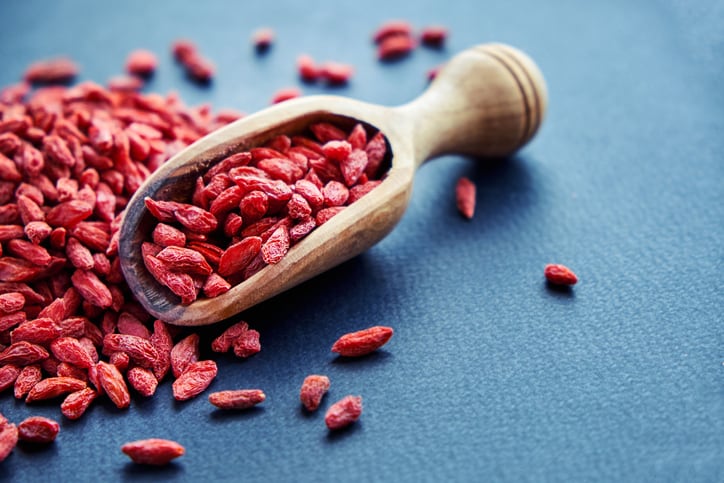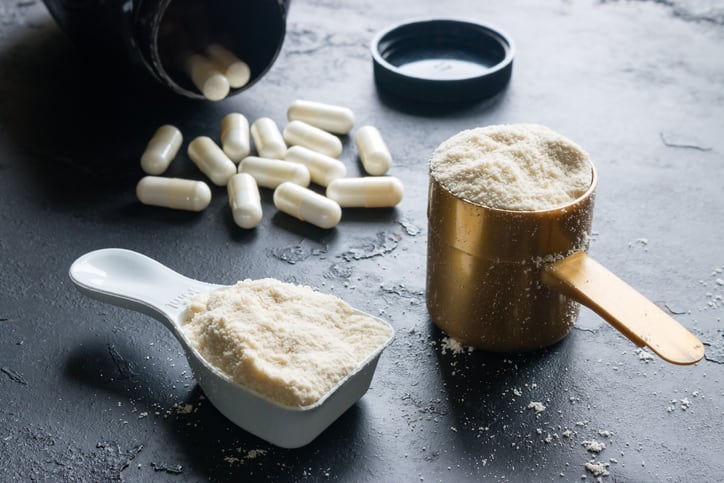Recent scientific findings are showing how incidence of falls in elderly is not merely a case of weak bones, but also due to the reduction in muscle mass.
The focus of Ajinomoto for muscle health has been in amino acids, in particular, branched-chain amino acid leucine.
The company first launched its amino acid product for muscle health “Amino Aile Leucine 40” in the Japanese market in Nov 2013.
As a certified Food with Function Claim in Japan, the product, which contains essential amino acids with 40 per cent leucine, claims to “improve walking ability”.
“In older adults, we have found that just a low dose, as low as 3g of Amino Aile Leucine 40 product may help increase muscle protein synthesis rate, as much as consuming 20g of whey protein,” Dr Hisamine Kobayashi, executive specialist at the firm told NutraIngredients-Asia.
Dr Kobayashi added that when combined with the right type of exercise, supplementation of amino acids has shown to improve muscle mass, strength and exercise function.
Dr Vincent Wood, president at AstaReal Singapore, added that the degradation of muscle is linked to imbalance in cellular communication.
“A lot of research, preclinical, clinical and other supportive research around this area have shown that skeletal muscle is a big endocrine organ.
“When you use it [the muscles], it will communicate with the rest of the body in the form of mitokine and these cellular signals can encourage repair, for example, BDNF is one myokine signal which is released to the muscle through exercise.”
By targeting the mitochondria, astaxanthin supplementation could protect the cell from dysfunction, such as oxidative stress, as well as maintaining energy output.
Watch the video to find out more.




